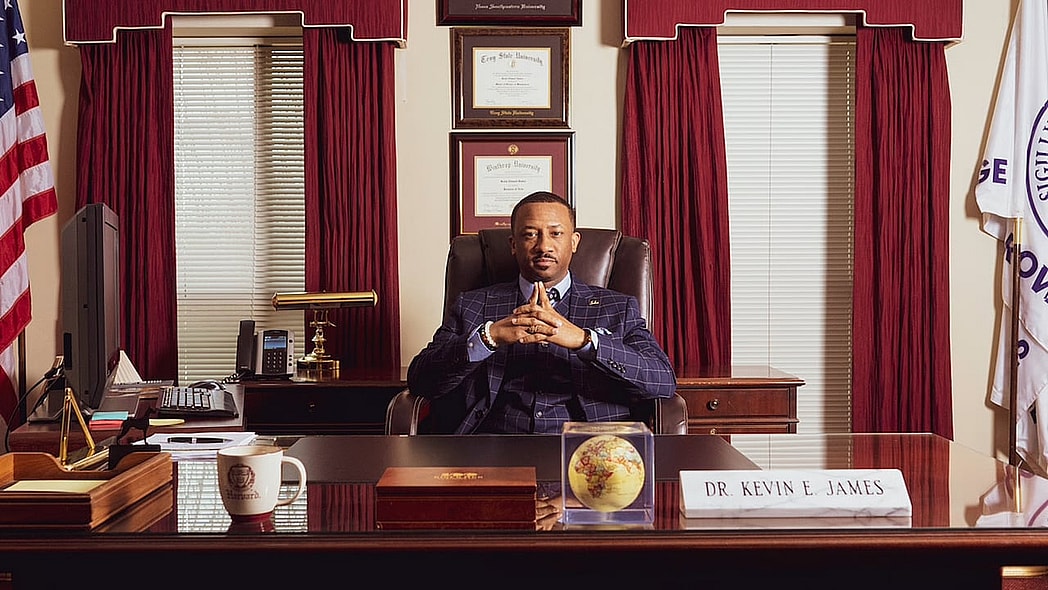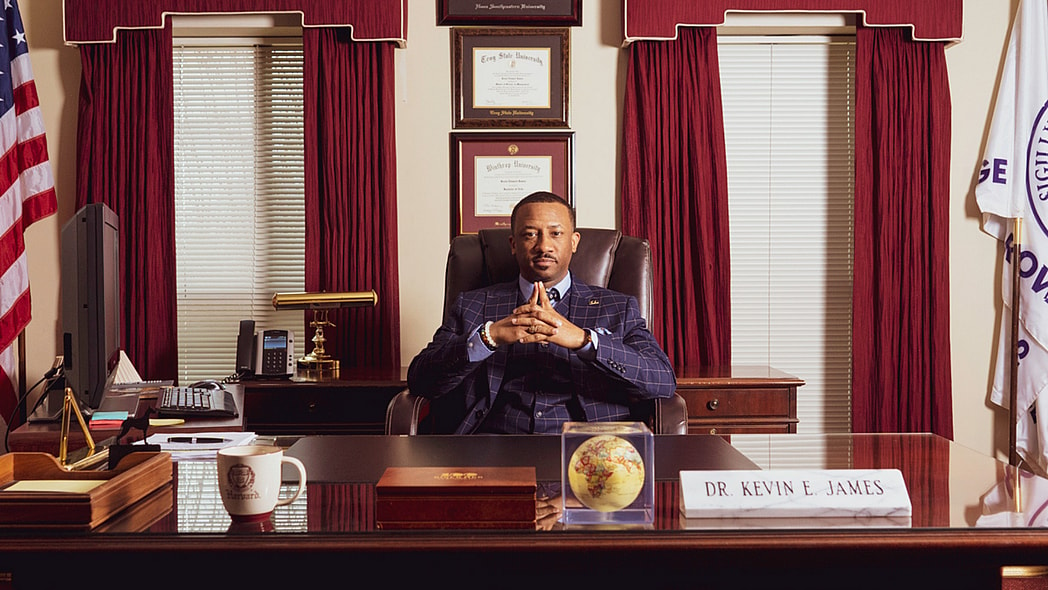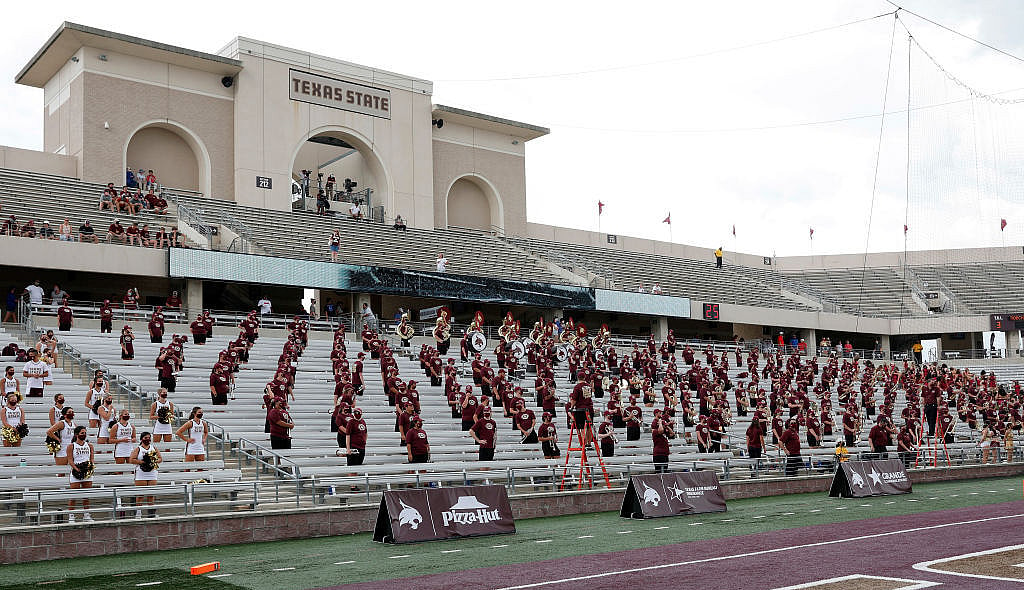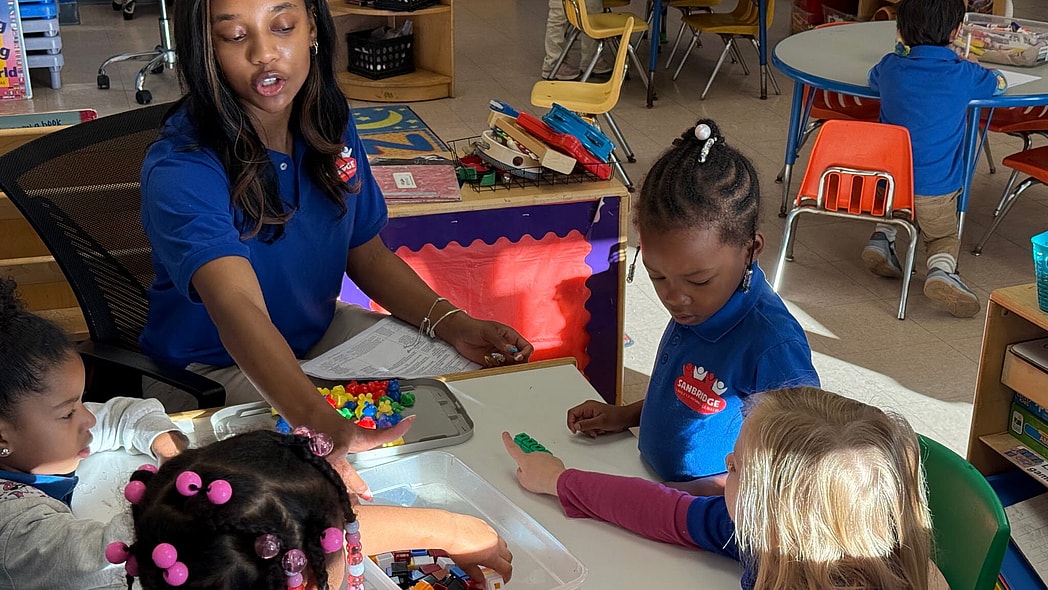As Gen Z redefines what it means to “make it,” the traditional playbook is being tossed aside in favor of something far more dynamic. Continuing to challenge the status quo, a recent survey conducted by the Walton Family Foundation (WFF) and Gallup found that 43% of K-12 students now have their sights set on a future that doesn’t require a college degree. Yet, despite a growing interest in alternative paths, fewer than one in four of these students have had productive talks about non-college options, leaving many in the dark about what lies beyond high school.
“Gen Z K-12 students are feeling unprepared for their futures, and given only about a quarter are having meaningful conversations about non-college pathways, it’s clear as to why,” Stephanie Marken, Gallup senior partner for U.S. survey research, explained in a press release. “While a postsecondary path makes sense for many, it’s not the right path for all immediately upon high school graduation, and what we’re learning from this research is that students are lacking a complete picture of the options available to them upon high school completion.”
With only 23% of students reportedly having conversations about apprenticeships, certificates or vocational programs, a widespread lack of information surrounding non-college-related futures leaves students feeling not only unprepared but unmotivated. After falling victim to the lack of diverse post-graduation paths at the start of her career, former celebrity stylist Taj McGill committed to filling the gap between aspiration and information and founded the South Florida Fashion Academy (SFFA). Amid a landscape where traditional guidance often falls short, SFFA steps in, offering not just education but a clear, tangible roadmap to success in the fashion and beauty industries.
Recommended Stories
What started in 2018 as an after-school program for teens to connect and learn from industry experts has since grown to be a full-time, private, dual-enrollment middle and high school offering up to $7,000 in scholarships to help students pursue their dreams. Blending the rigor of traditional academics with the hands-on training of a trade school, SFFA provides an outlet for students to explore their passions while learning all the fundamental skills needed to excel.
“We’re allowing [students] to see the various career opportunities within each of those industries by way of guest speakers, field trips, [on-campus industry representatives with 10 plus years of experience], etc. They may come in and say, ‘Hey, I want to be a cosmetologist,’ but they don’t really understand what that looks like and how many careers can just be formed from that one license,” McGill told theGrio. “So our goal is to expose them.”
Open to all students, the middle school and high school offer a traditional curriculum and vocational program. Once students reach 11th grade (junior year), they can apply to join the academy’s dual enrollment program, which allows them to explore elective classes like fashion merchandising, barbering, cosmetology, and more. Through the unique program, high school students are able to work toward their diplomas while simultaneously working toward industry state certifications. Just as the academy invests in on-campus sewing labs and salons for the program, it stresses the importance of core academics to its students.
“They’re still getting their core academics. In fact, that is the only way that they can even partake in our dual enrollment program,” the academy’s founder and fashion director explained. “What we want to do is send students out into the world who are emotionally and academically sound and [know how to] hone in on their creativity as well.”
In addition to Gen-Z’s shift toward non-college-related futures, the daunting realities of today’s job market further prove the value of trade schools and vocational studies like SFFA’s program. According to experts, the tough state of the current job market is indicative of a potential “white-collar recession,” which reflects a hiring plunge for salaried positions that often require more education. Though the high school-to-college pipeline may have once guaranteed a lucrative career, McGill encourages parents to consider the value in trade programs, “because there are people [working with] trades that [sometimes] make more money than college graduates.”
While college is still a safe option for high school graduates, McGill emphasizes that it is not the only path to success. At the South Florida Fashion Academy, 42% of students pursue entrepreneurship after graduation, while others continue their education at fashion design colleges (31%) and traditional four-year colleges (18%). Regardless of where life takes them after graduation, McGill says the academy’s doors are always open to support alumni, whether through mentorship or continued education courses. Committed to birthing the next generation of creative trailblazers and entrepreneurs, part of the South Florida Fashion Academy campus is dedicated to Innovative Heights Preparatory Academy, a private kindergarten and elementary school with a focus on the performing arts.
“We’ve cultivated an environment where they can creatively be themselves. I think all children need guidance, [without adults projecting] what they [think students] should do — or what they hope for them to do,” McGill said. “We really need to understand that this is a new day, a new time, a new era, and definitely a new generation, and we just need to meet them where they are.”










